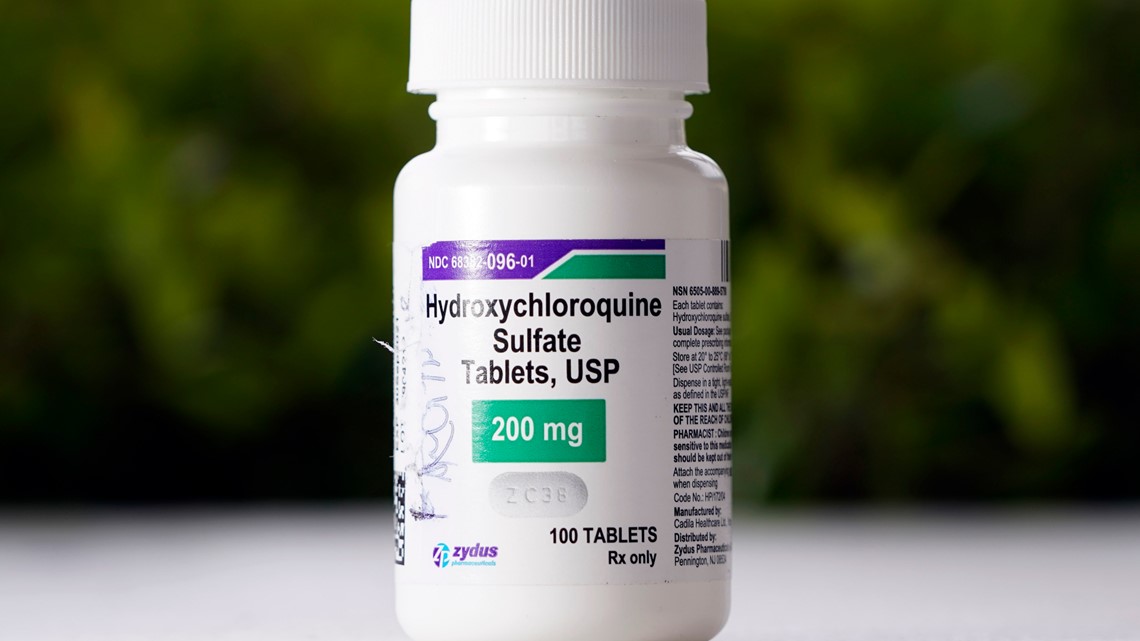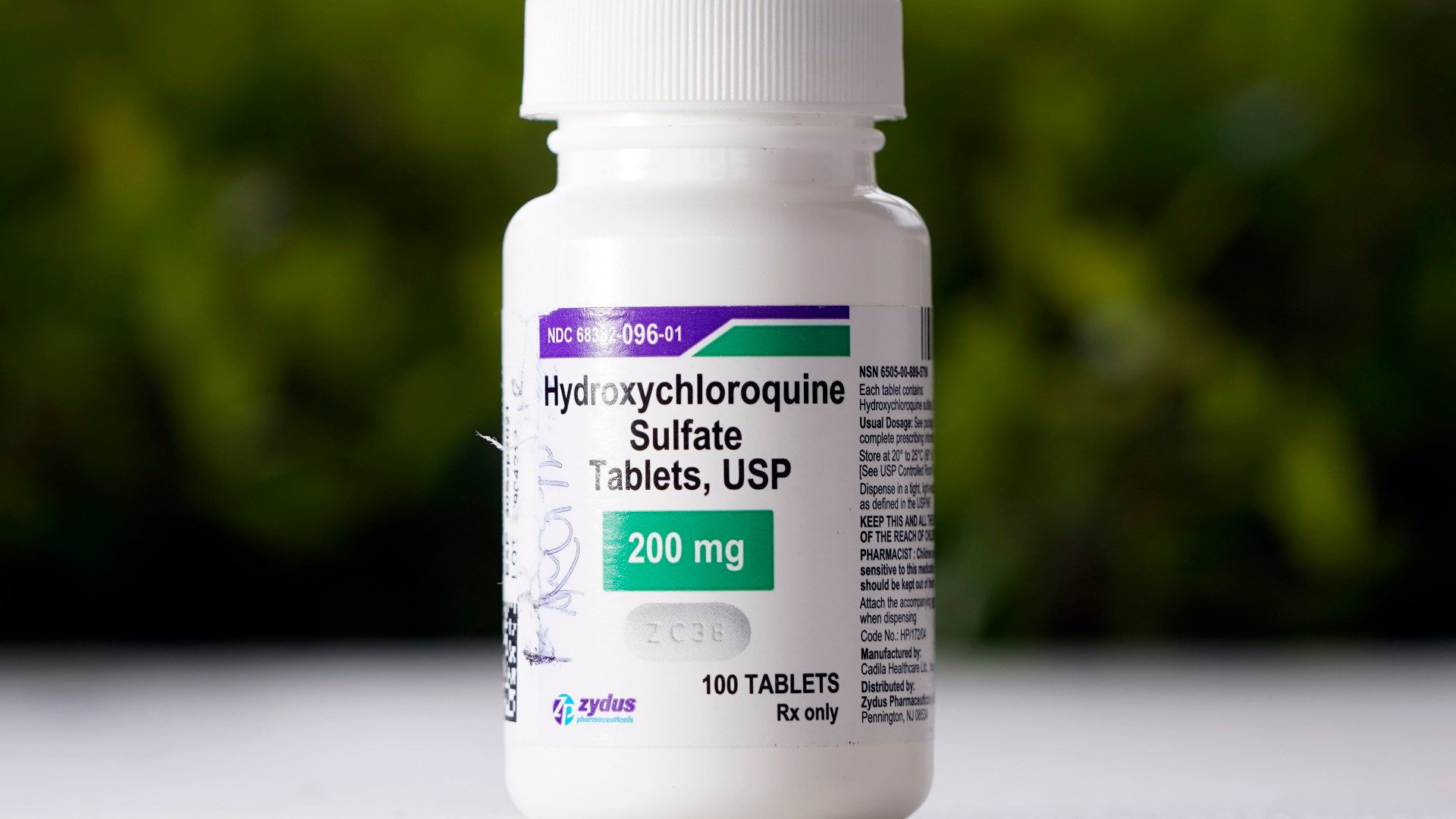WASHINGTON — The anti-malaria drug hydroxychloroquine should not be used to prevent coronavirus, according to a new recommendation from the World Health Organization.
In a variety of trials involving more than 6,000 patients, the international health agency found that the drug had a "small or no effect on mortality and admission to hospital." The organization's findings were published Tuesday in the BMJ medical journal.
From the research, a panel of WHO officials decided to make a "strong recommendation" against the use of hydroxychloroquine for individuals who do not have COVID-19.
The panel concluded that almost all people "would not consider this drug worthwhile" to fight the virus that has spread throughout the world. Officials ruled that the anti-inflammatory drug should no longer be a research priority and instead, resources should be "oriented to evaluate other more promising drugs to prevent COVID-19."
The recommendations were meant to provide "trustworthy and living guidance to rapidly inform policy and practice worldwide during the covid-19 pandemic."
Hydroxychloroquine was initially approved as an anti-malaria drug, according to The Hill, but it is also used to treat lupus and rheumatoid arthritis.


Former President Donald Trump last spring and summer promoted the use of hydroxychloroquine as a form of treatment for the virus. However, Dr. Anthony Fauci, the nation’s top infectious disease expert, criticized the promotion and use of the drug to prevent COVID-19.
Many high-quality studies, at the time, also found no evidence that hydroxychloroquine, when used with or without the antibiotic azithromycin, as touted many times by Trump, helps treat coronavirus infection or prevent serious disease from it. They include studies commissioned by the U.S. National Institutes of Health, the World Health Organization and universities in the U.S. and around the world.
For most people, the coronavirus causes mild or moderate symptoms. For some, especially older adults and people with existing health problems, it can cause more severe illness, including pneumonia and death.
The United States has more than 28 million confirmed cases of COVID-19, according to data from Johns Hopkins University.
As of Tuesday, the U.S. had more than 514,000 deaths from the virus. Worldwide, there are more than 114 million confirmed cases with more than 2.5 million deaths.
The Associated Press contributed to this report.

